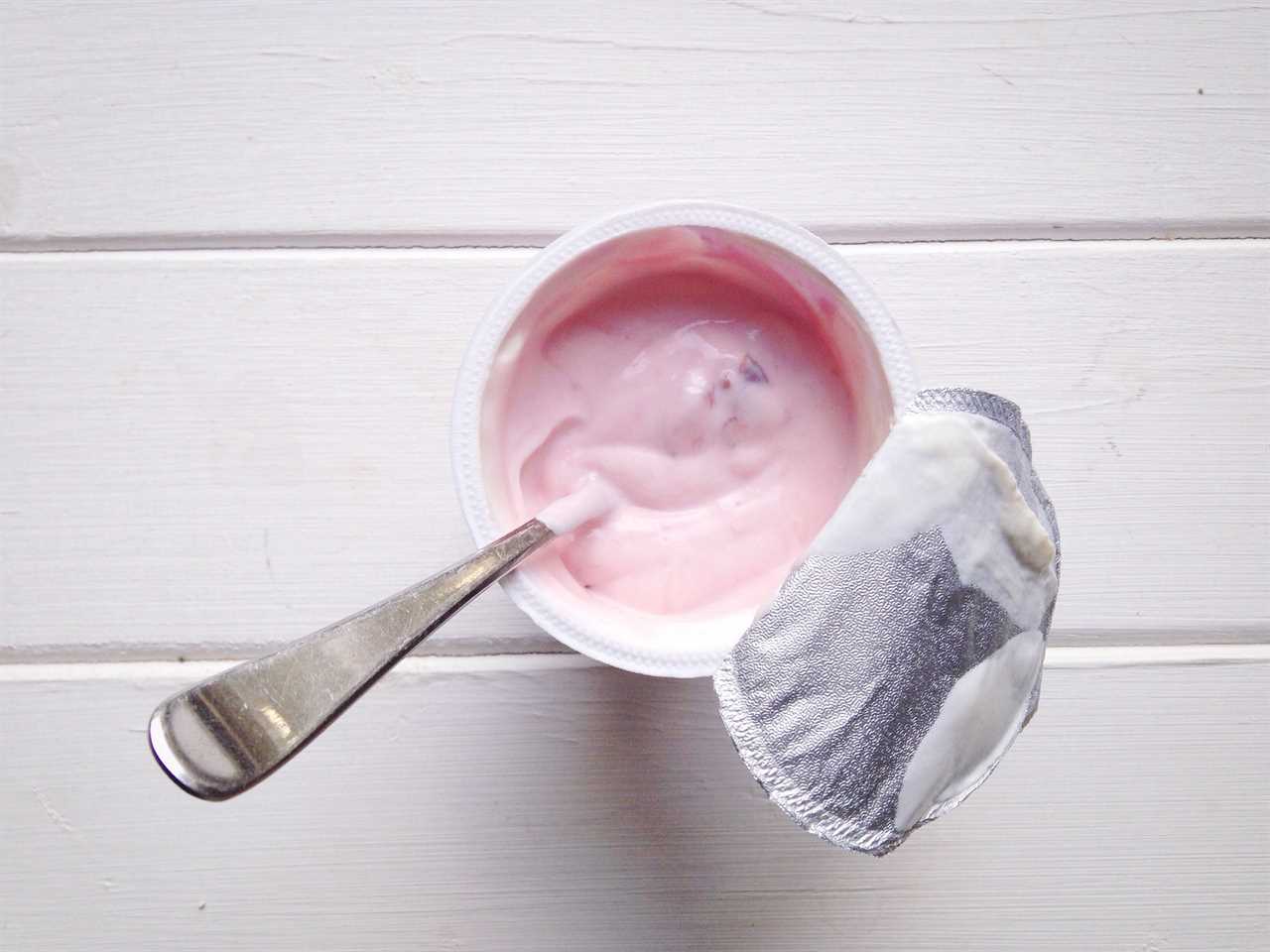EATING just two servings of yoghurt a week may help to lower the risk of developing bowel cancer, a new study suggests.
The snack affects the balance of bacteria in the gut and could help prevent the disease – the second deadliest form of cancer in the UK claiming around 16,000 lives every year.

Previous research found that chugging back lots of yoghurt may lower the risk of bowel cancer by altering gut bacteria.
But no one knew whether yoghurt also reduced the risk of pre-cancerous growths (called adenomas) too.
So, scientists have been looking at the diets and growth developments of 32,606 men and 55,743 women.
They were part of the Health Professional Follow Up Study and the Nurses Health Study.
All had had a lower bowel endoscopy – a procedure which allows a clinician to look inside the gut with a camera – between 1986 and 2012.
Every four years, they provided detailed info on their lifestyle and diet – including how much yoghurt they ate.
Yoghurt cuts risk by up to 26 per cent
Over the study period, 5,811 adenomas developed in the men and 8,116 in the women.
Men who ate two or more servings of yoghurt were 19 per cent less likely to develop a conventional adenoma than those who didn’t eat any at all.
But yoghurt-eating men were even less likely (26 per cent) to develop “serrated” adenomas that were highly likely to become cancerous.
The team found that the larger the growth, the more reduced risk.
Only men benefit
Unfortunately, no similar associations were found in women.
More research is needed before anyone can say for definite that yoghurt was behind the men’s improved health.
However, due to the scale and length of the study, which looked into diet and lifestyle factors, there is some weight attached to the findings.
Study author Dr Yin Cao, of Washington University School of Medicine in the US, said that there may be a stronger link for adenomas growing in the colon rather than the rectum due to the lower acidity in that part of the gut.
He said that “made it a more hospitable environment for these bacteria.
“Alternatively, yoghurt may have anti-inflammatory properties and may reduce the ‘leakiness’ of the gut as adenomas are associated with increased gut permeability.”






